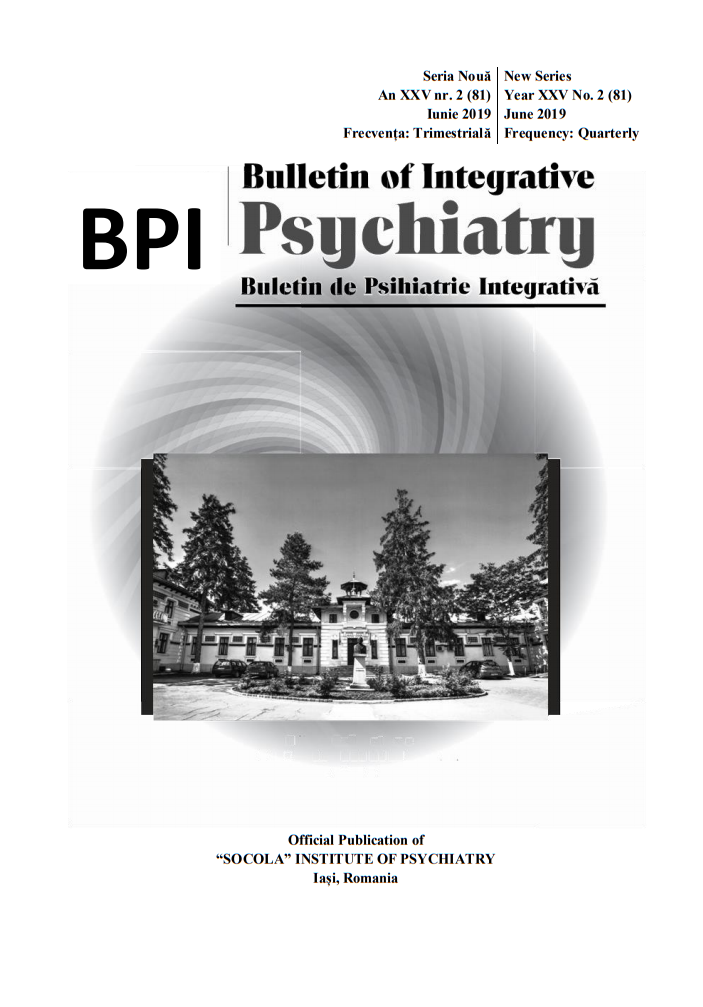Physiological effects of static Qigong meditation: a systematic review
Physiological effects of static Qigong meditation: a systematic review
Author(s): Georgel Arhip, Ion Dafinoiu, Gabriela Monica AssanteSubject(s): Health and medicine and law
Published by: Editura Sedcom Libris Iasi
Keywords: Static qigong; meditation; physiological effects; review;
Summary/Abstract: Background: Qigong meditation has been rooted in Traditional Chinese Medicine where it is perceived as a form of intervention which results in enhancing the mind and body connection. The main purpose it is to simultaneously exercise the mind and the body for treating various chronic diseases and moreover, promoting healthy life. Objectives: The main aim of the present review sits in emphasizing the benefits of static qigong since the majority of studies focused on the benefits of qigong practice without differentiating between the dynamic and static form. Method: The research was conducted according to the Preferred Reporting Items of Systematic Reviews and Meta-analyses (PRISMA) guideline by consulting various medical and non-medical data-bases were for identifying the publications of interest. Results: Nine studies met the selection criteria totalizing 458 participants. The main outcome measures included physiological measures by using EEG and/or heart signals with major implications for focus and relaxation in six cases. One study investigated stress related markers (e.g. cortisol, adrenaline, endorphins etc.), while another study investigated various hormones related to the immune capacity. The preference for various meditation techniques, among which static qigong, was also investigated. Conclusion: The present research emphasized a highly positive relationship between static qigong, as a mind-body therapy, and various psychophysiological effects. Specifically, this review shows that static qigong can improve people’s health by positively altering indicators like heart rate signals, EEG monitored brain waves, cortisol and immunity related markers.
Journal: Buletin de Psihiatrie Integrativa
- Issue Year: 81/2019
- Issue No: 2
- Page Range: 15-25
- Page Count: 11
- Language: English

